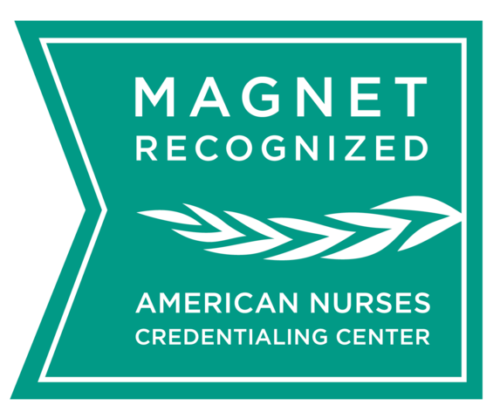Difference Between AANP and ANCC

AANP
AANP vs. ANCC
US-based nurse practitioners (NP) are now given the option of taking either of the American Nurses Credentialing Center (AANP) and the American Academy of Nurse Practitioners (ANCC) exams to earn certification in their field as Adult or Family NP’s. AANP and ANCC are both recognized by licensing committees in all 50 states. An NP can take both or either of the exams. Both are entry-level, competency-based, and serve as an objective measure of an NP’s education, knowledge, and professional expertise. However, in the selection process, it is important to weigh the coverage, cost, accessibility, relevance, and key focus of each type.
The AANP examinations have been developed by the AANP itself together with the Professional Examination Service (PES). The questionnaire is formulated by practicing NPs, gerontologists, and content experts, and is highly based on role delineation studies undertaken by the Certification Program and PES as objective measures of the knowledge and skill required of competent nurse practitioners. The AANP includes three specialties: adult, gerontologic, and family nursing. It is computer-based and consists of 150 multiple-choice items, 15 of which are pretest questions and are not counted towards the final score. The examinee is usually given 3 hours to complete the test. Examination administration varies from one batch to another. The results are received through mail 1 to 2 weeks after examination, aside from the preliminary pass-fail evaluation generated by the computer immediately after completion. Most candidates think that the AANP exam is more clinically relevant and manageable. Furthermore, there are some of the perks an AANP exam passer can enjoy. The NP will be able to attach the initials “NP-C” to their name, indicating certification status. Their certification will gain the NP added credentials in pursuing a license, continuing the practice, or seeking higher education or position relevant to the field of nursing. The AANP certification exam is available to any NP regardless of age, sex, color, race, religion, national origin, sexual preference, marital status, or disability. Applicants with disabilities are given special consideration based on their specific needs.

ANCC
On the other hand, the ANCC exam is developed and administered by the ANCC, the largest credentialing committee in the United States, which is also a subsidiary of the American Nurses Association. The ANCC is recognized as one of the first established certification programs in the US, with more than 250,000 certifications issued over 30 years. The exam is continuously reviewed and developed by the Content Expert Panel (CEP) from diverse geographic regions, work settings, and ethnic backgrounds, mostly composed of licensed registered nurses (RN) and ANCC certificate-holders. Unlike the AANP, the ANCC provides a more varied range of programs, including the Acute Care, Adult, Adult Psychiatric & Mental Health, Diabetes Management, Family, Family Psych & Mental Health, Gerontological, Pediatric, School, Ambulatory Care, Cardiac Rehabilitation, Cardiac Vascular, College Health, Community Health, High-Risk Prenatal, Informatics, Maternal-Child, or Medical-Surgical Nursing, among many others. Like the AANP, the exam is computer-based with a total of 175 questions, 25 of which are samples and are discounted from the final result. Three hours are also allotted for the entire test. Results are mailed usually within a week from the exam date. Moreover, the ANCC’s certification exams are fair, accurate, and highly recognized by governing boards, insurers, and the military. Like the AANP, it also maintains a non-discrimination policy.
Summary:
1) The AANP and the ANCC are nurse credentialing organizations acknowledged in all 50 states of the U.S.
2) The AANP includes only the three major specialties – adult, gerontologic, and family nursing. The ANCC has a vast array of programs that are more specific in nature.
3) The AANP and the ANCC are both computer-based and consist of entry-level questions that objectively measure the examinee’s education, knowledge, and professional expertise.
- Differences Between Fraternity And Sorority - January 8, 2014
- Differences Between Lucite and Plastic - January 7, 2014
- Differences Between Oil and Butter - January 6, 2014
Search DifferenceBetween.net :
3 Comments
Leave a Response
References :
[0]https://en.wikipedia.org/wiki/American_Association_of_Nurse_Practitioners
[1]https://en.wikipedia.org/wiki/File:Magnet_Recognition_Logo_CMYK_-png-.png

Hello. I am referencing this article for research. Would it be possible to get a last name for Celine?
Thanks
Dion.
I can’t say I agree with the statement, “Most candidates think that the AANP exam is more clinically relevant yet more manageable”. I took the AANP and was successful at it, but several nurses I know who took the AANP were not. They then registered for the ANCC and said, while still challenging, it was a much easier exam.